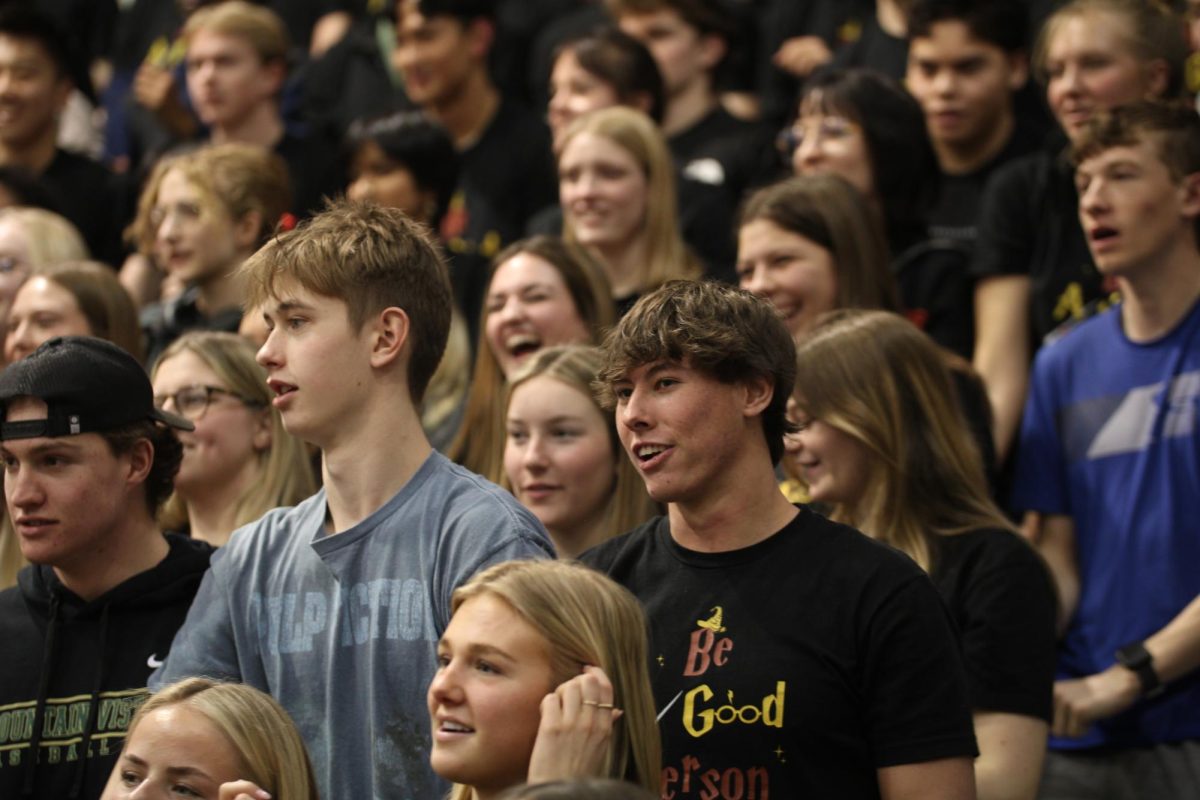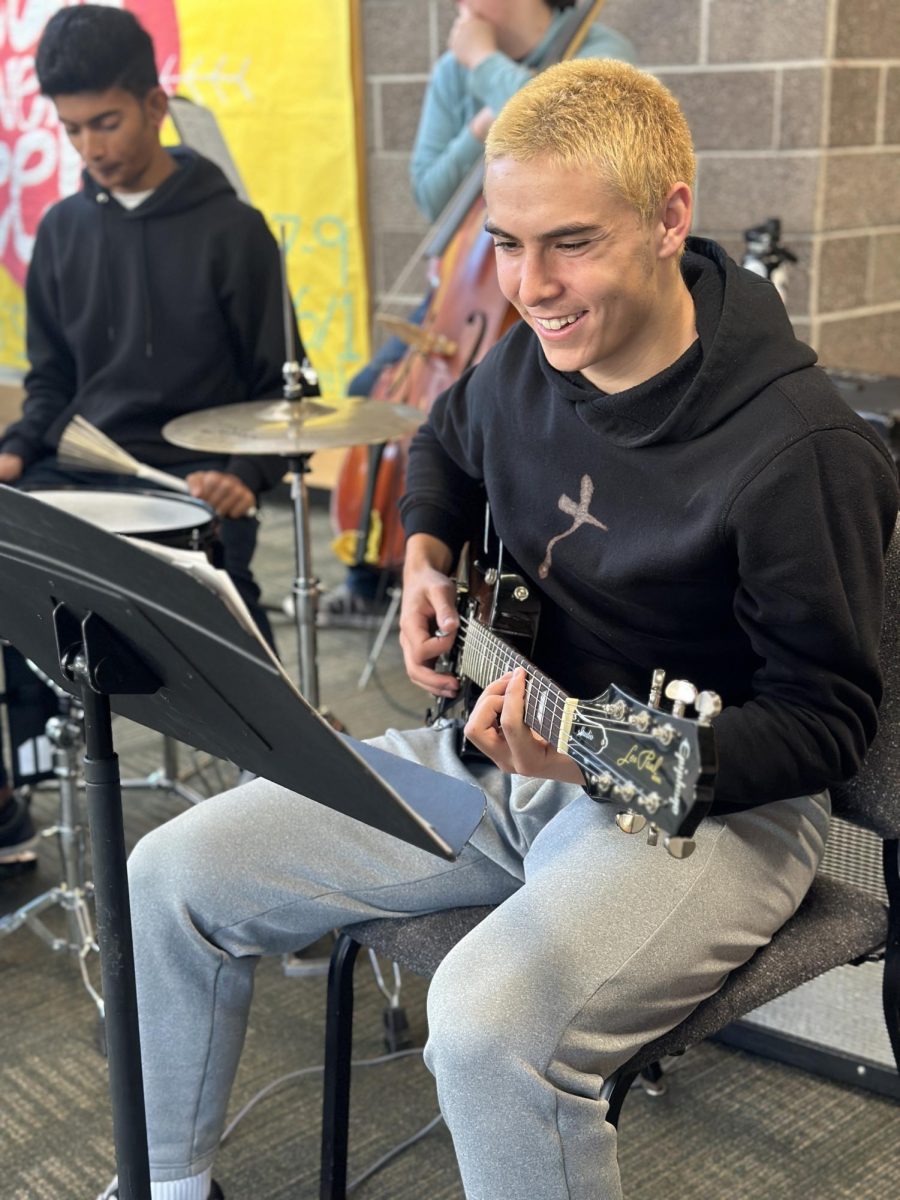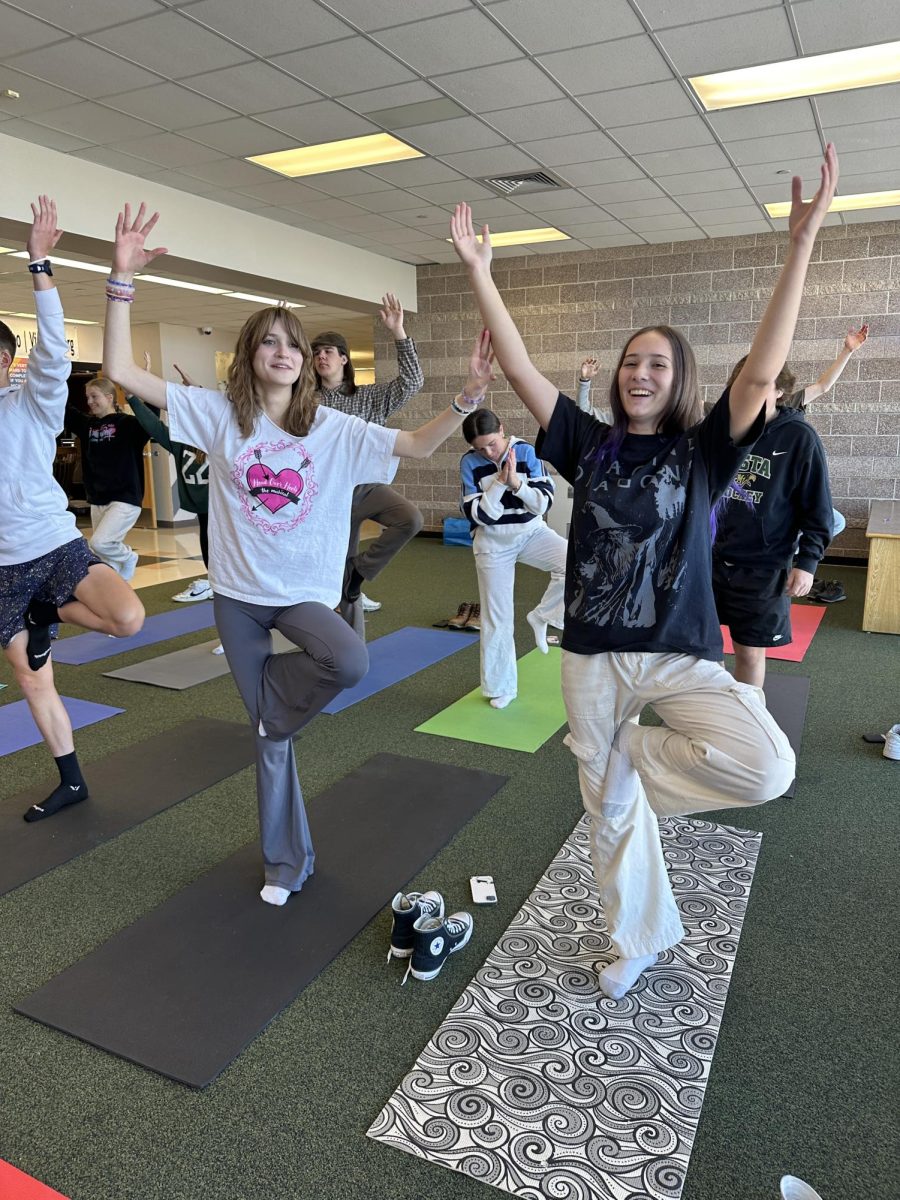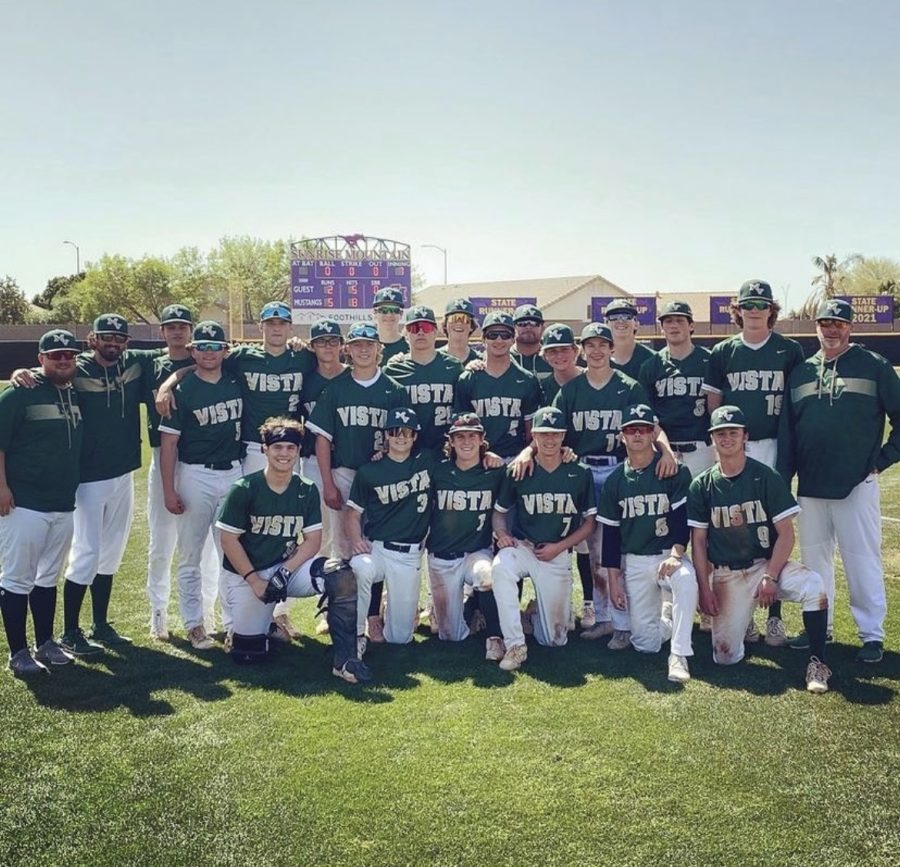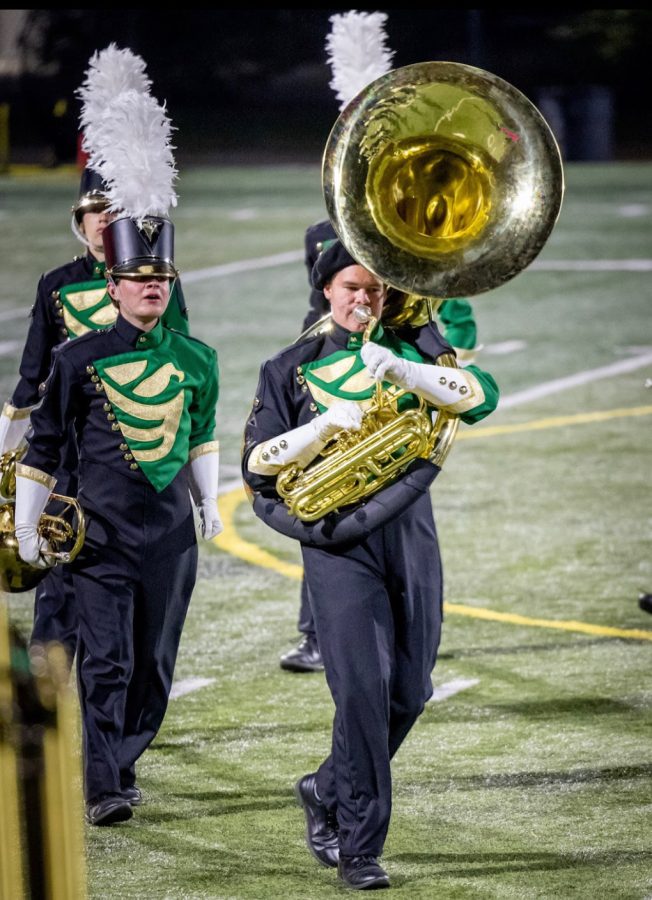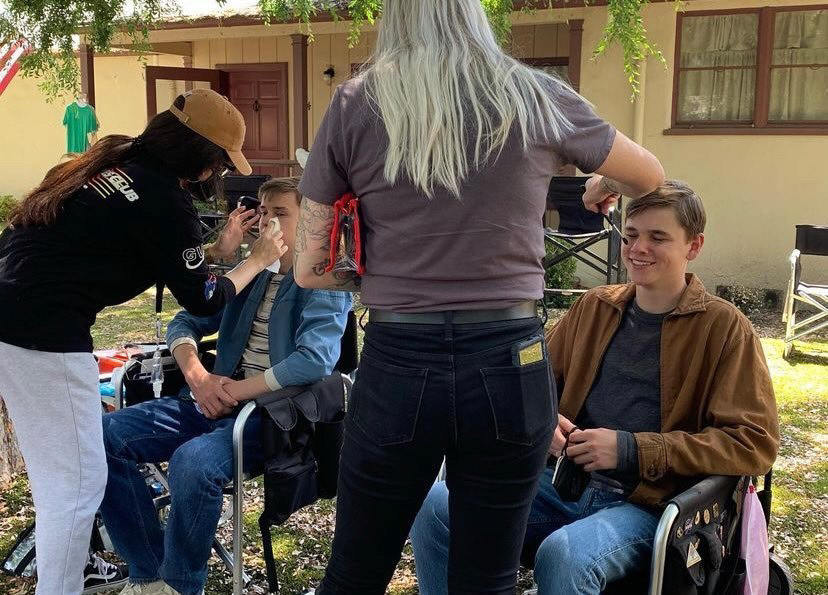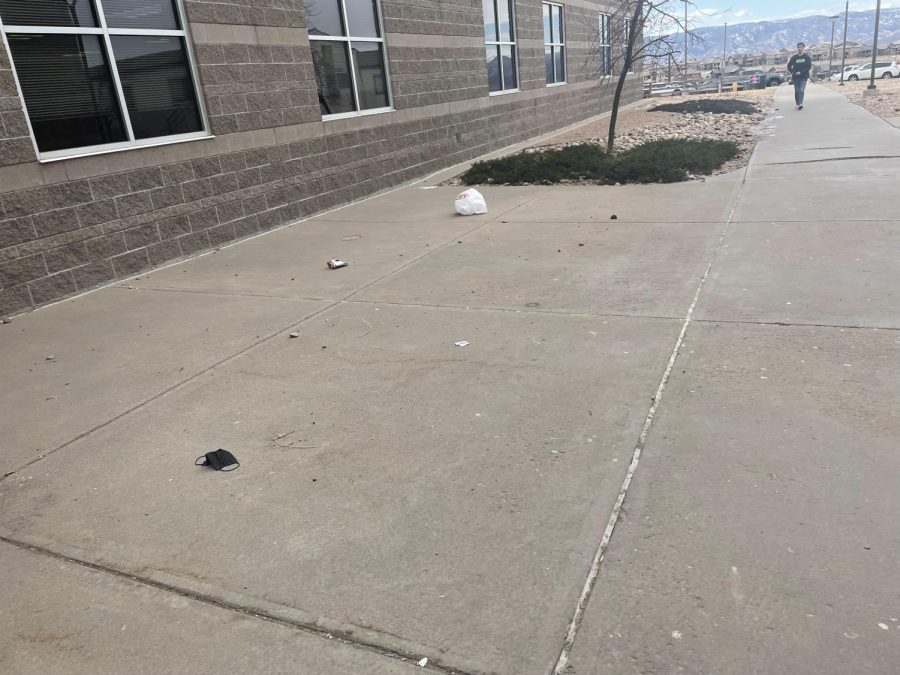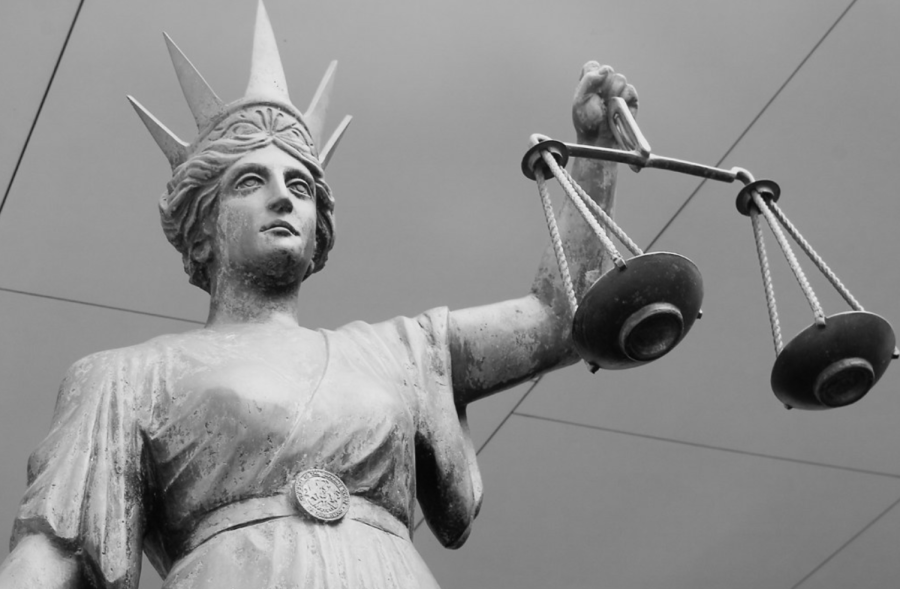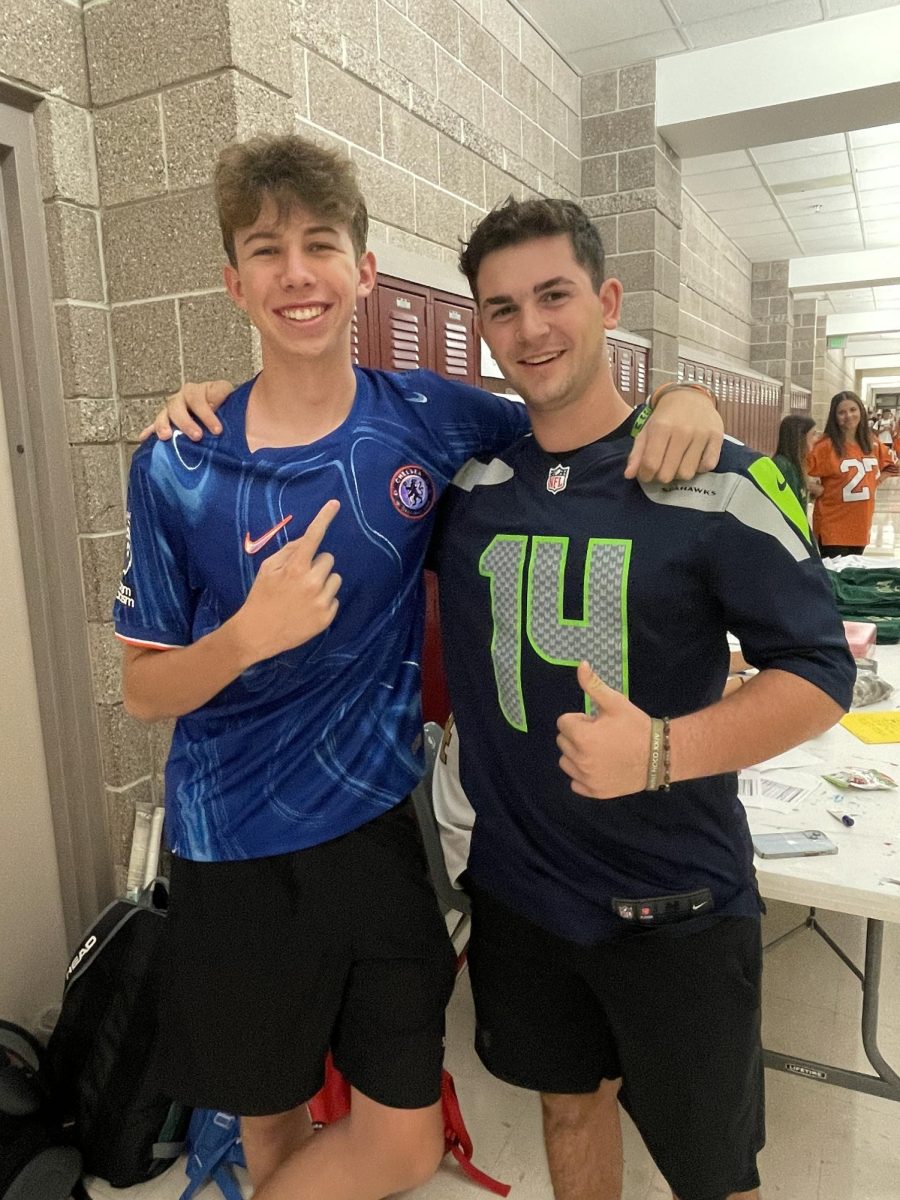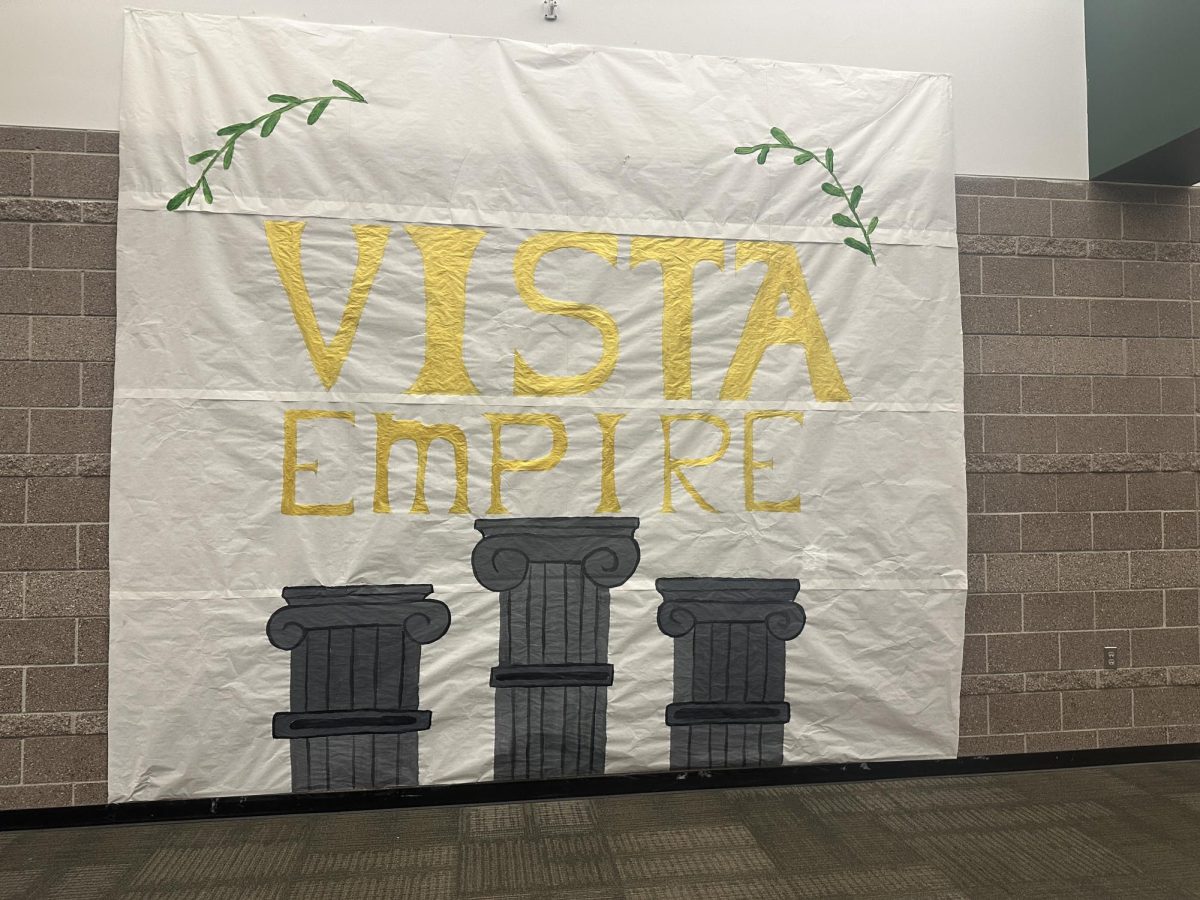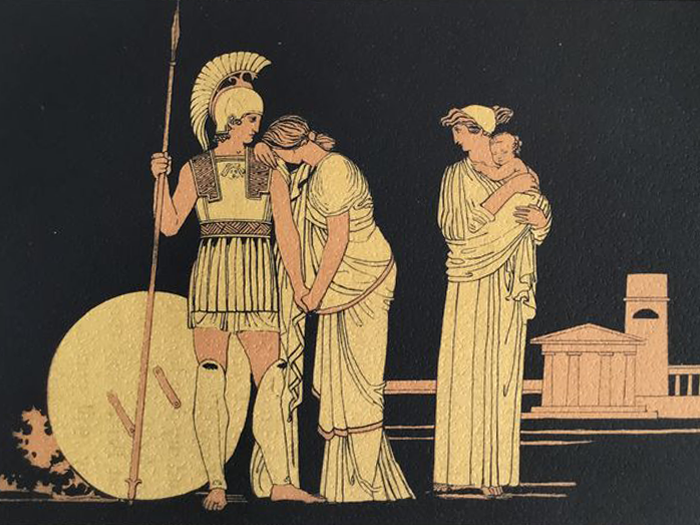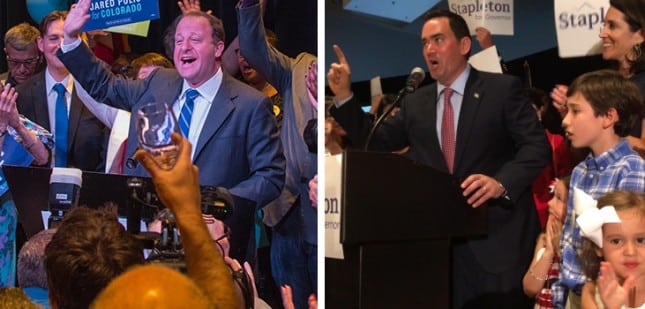In recent years, dissatisfaction with the U.S. government has reached alarming levels, causing citizens to question the effectiveness of the systems that govern them. Through interviews with students and educators, a common theme emerges; a growing frustration with the two-party system and a desire for meaningful change.
The State of the Government
As Mountain Vista government teacher, John Hettich explains, “We are in a corporate oligarchy, and… it’s no longer a government of the people, by the people, for the people, but it is a government of money and corporate interests.” This statement resonates with many citizens who feel the government has increasingly made decisions that are influenced by financial power rather than the will of the people.
Drew Plug, a junior at Mountain Vista, adds to this criticism of the government. He is concerned about the future of the U.S government under Donald Trump’s rule. He says, “Trump’s plans… are going to absolutely obliterate our trade with other countries,” Plug said, pointing to possible tariffs on Chinese technology as a significant issue that could lead to inflation.
Both interviewees share a belief that financial considerations often overshadow pressing domestic problems.
The Limitations of the Two-Party System
Both Hettich and Plug are critical of the two-party system stating that they feel a two-party system doesn’t allow for a diverse array of views to be seen. Hettich says “I think that the two major parties are left of center and right of center and not middle ground.” Plug is reluctant to affiliate with either party: “I probably wouldn’t register with a party… It’s a losing game,” Plug said. These perspectives highlight a growing distaste among voters for the current two major parties. Citizens feel forced to choose between two inadequate parties.
A Call for Reform
Both interviewees advocate for significant reforms to address these systemic issues. Hettich suggests setting term limits for Congress members and eliminating insider trading among politicians.
Plug emphasizes the importance of focusing on domestic affairs over foreign affairs: “Domestic affairs would be better… We still have so many domestic problems,” Plug said. His statement reflects a widespread belief that addressing internal challenges should be of more importance than addressing foreign engagements.
The Role of Education and Misinformation
Education plays a crucial role in shaping the next generation of informed voters. Hettich explains that teaching students how to think critically is essential: “I would hope that most everyone here is… not [here] to tell students what to think but [to] teach them how to think,” Hettich said His class aims to teach students how to recognize bias and how to overcome it to make informed decisions.
Social media creates challenges with the perpetuation of misinformation. “The biggest problem is misinformation,” Plug said, calling attention to the need for a centralized fact-checking system to reduce misinformation and regulate ads on social media.
Conclusion
As dissatisfaction with the government continues to grow, voices like educator John Hettich and student Drew Plug, highlight the growing need for government reform. From addressing corporate influence in politics to advocating for broader representation, their insights reflect a nationwide desire for a more responsive and accountable government. The path to change isn’t easy but recognizing these issues is the first step towards meaningful change.


